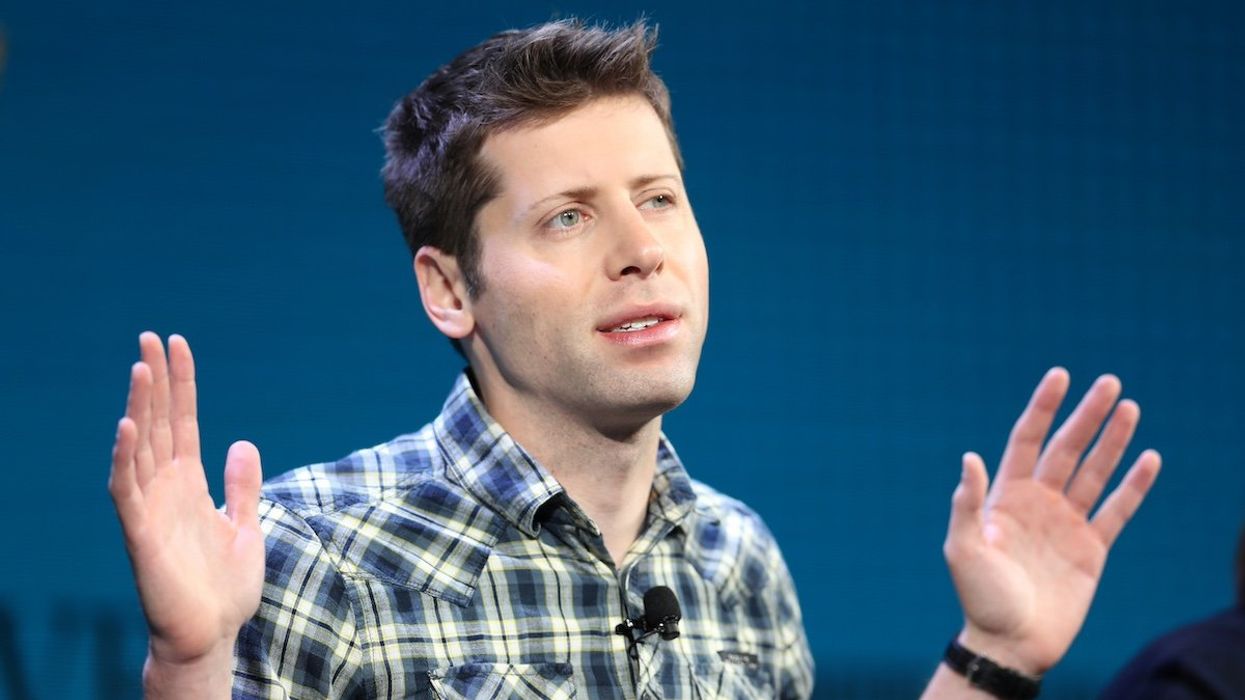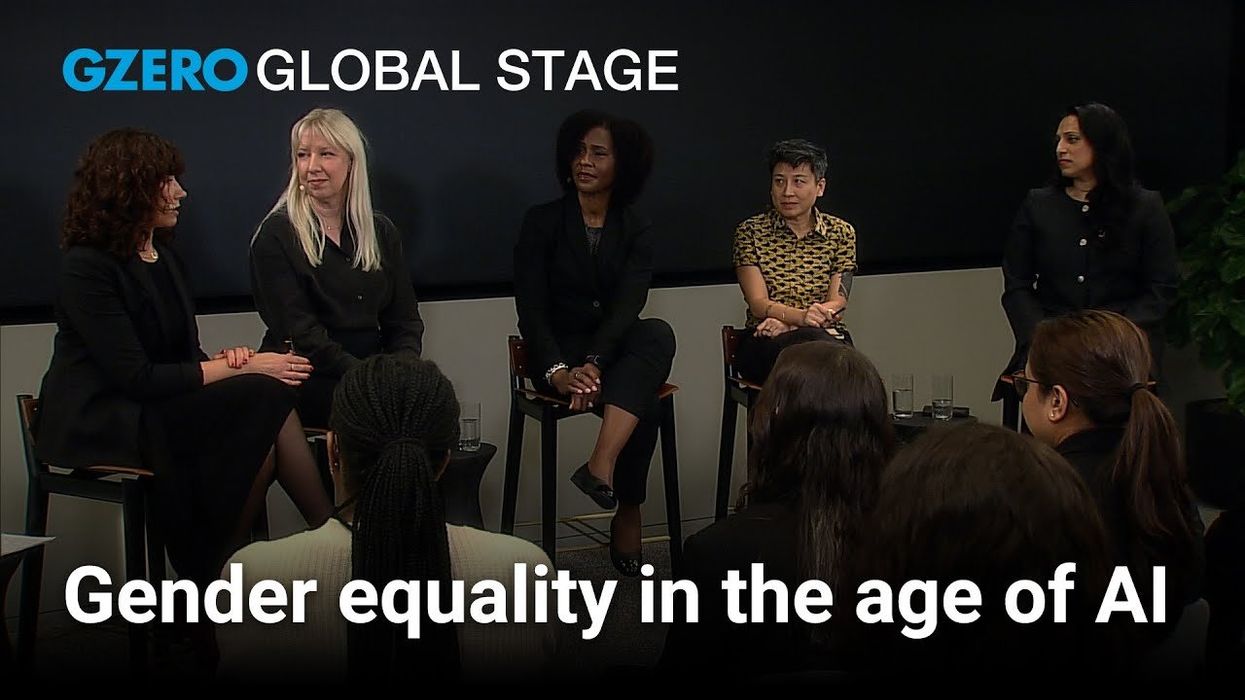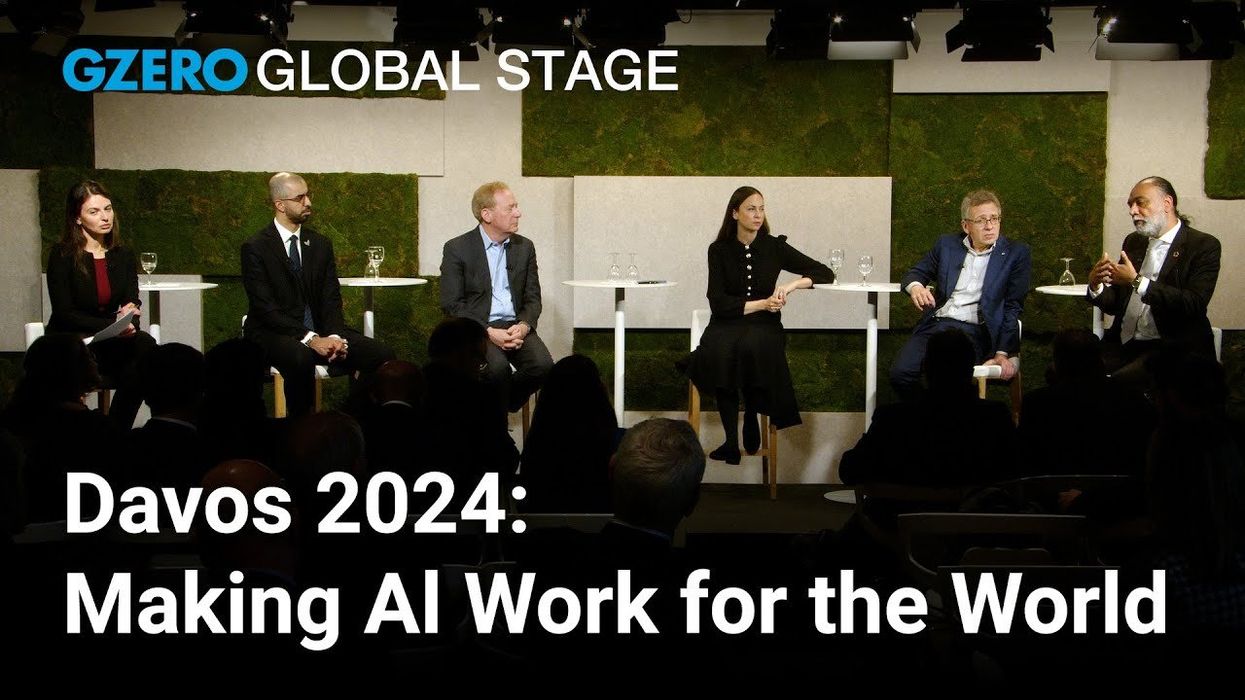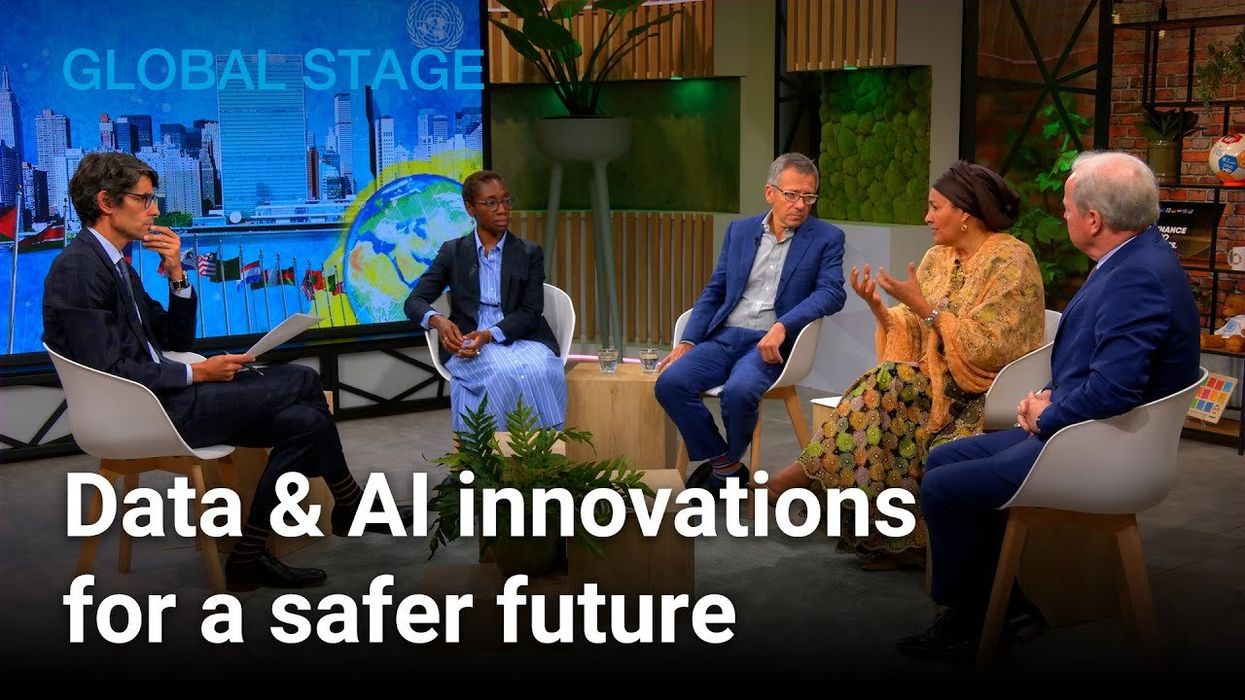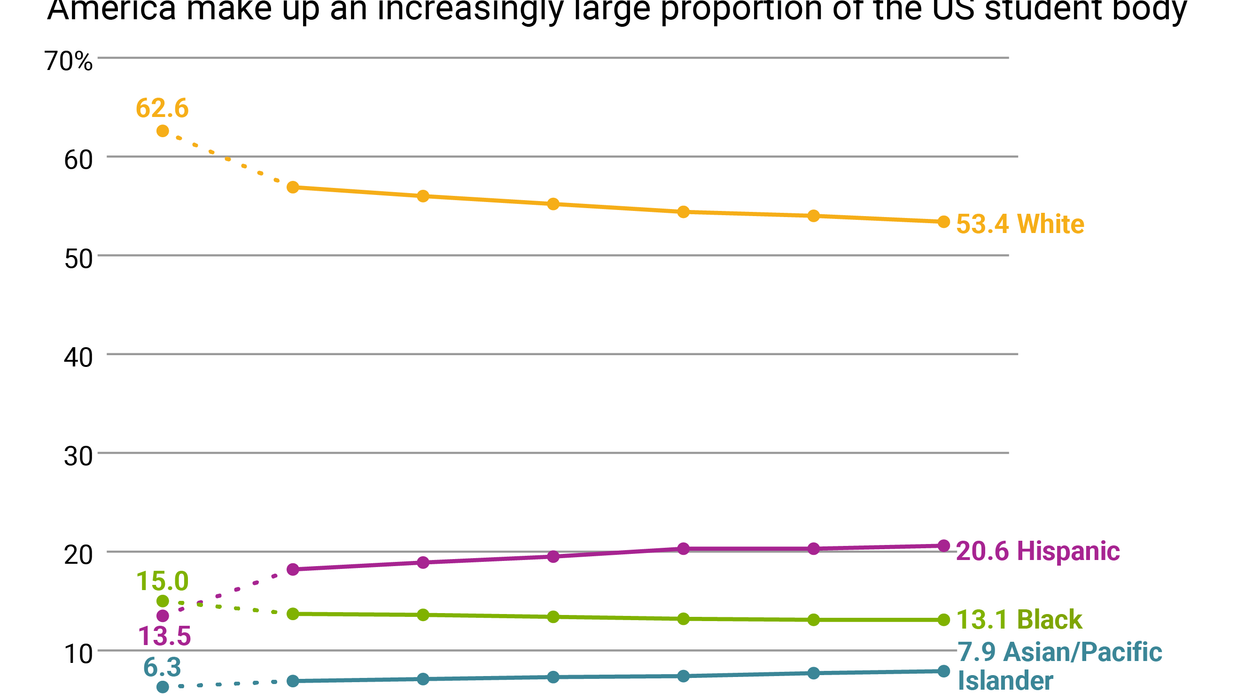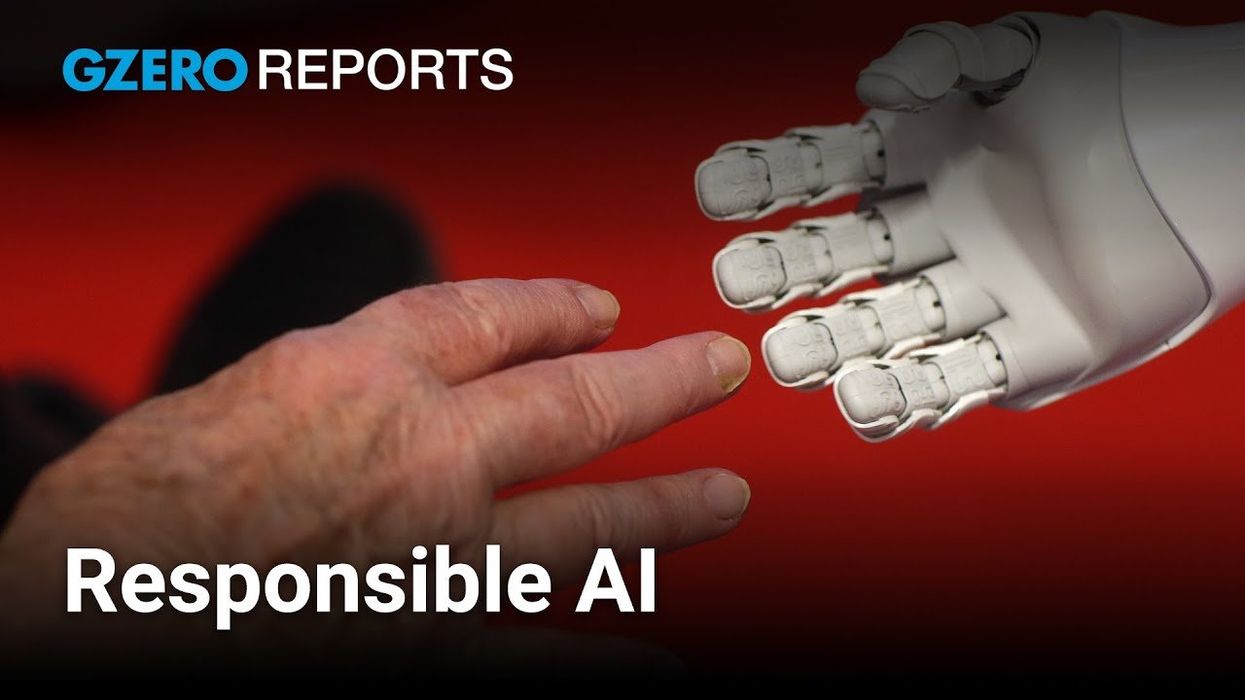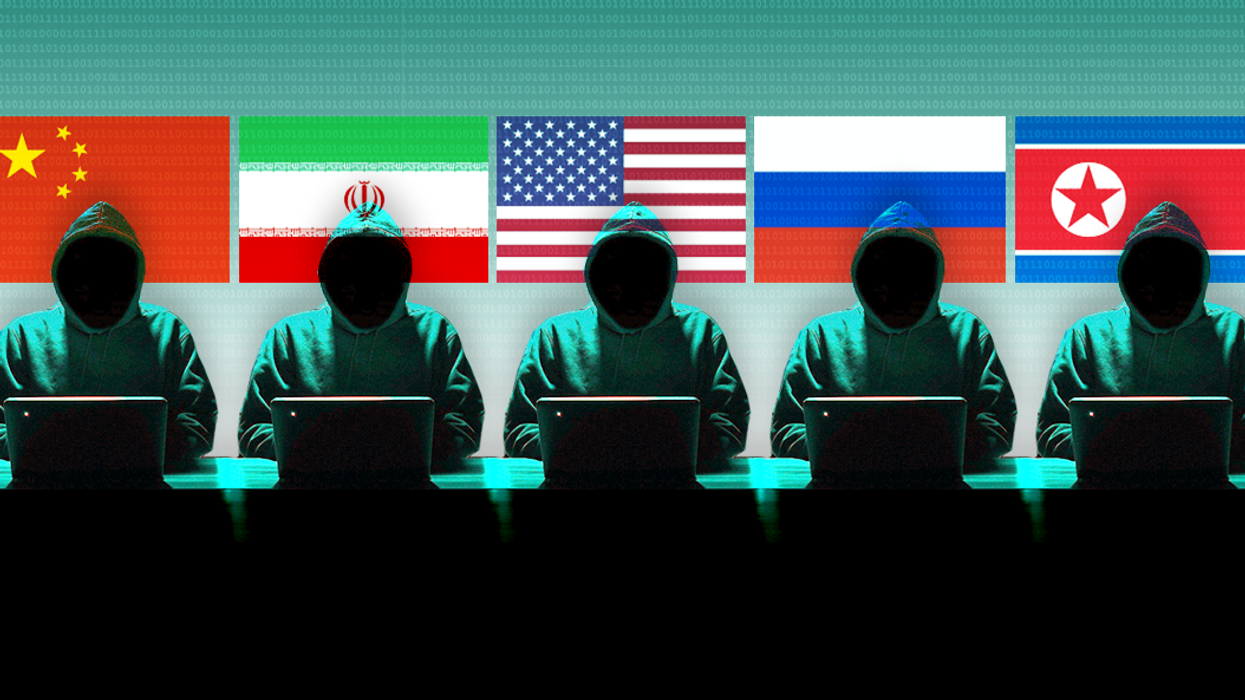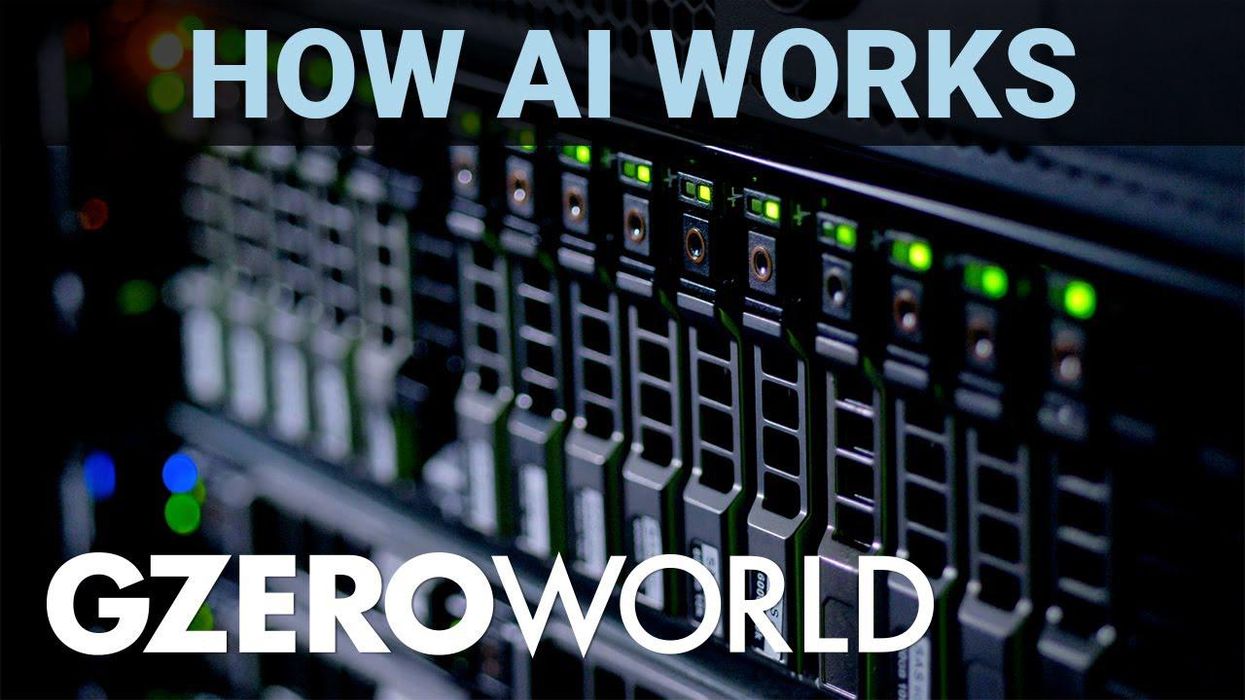World Economic Forum
Digital sovereignty in the age of AI
AI is advancing quickly, but access and control remain deeply uneven. As artificial intelligence becomes foundational to economies and governments, the question is no longer just who has the best technology, but who controls the systems that power it. In this GZERO Media Global Stage interview from the 2026 World Economic Forum in Davos, Tony Maciulis speaks with Talal Al Kaissi, Group Chief Global Affairs Officer at G42, about why AI has intensified debates around digital sovereignty, and what it will take to close the global AI divide.
Jan 22, 2026



